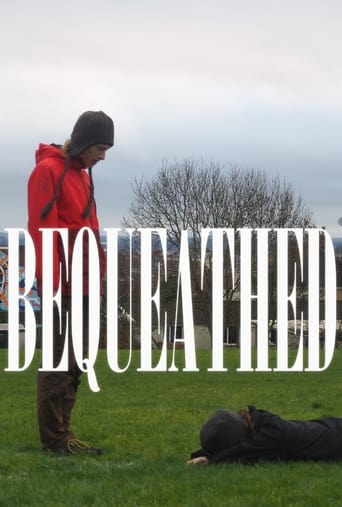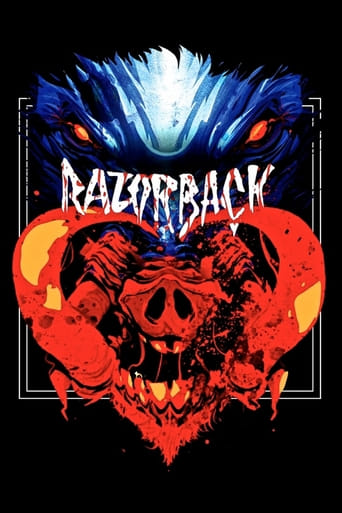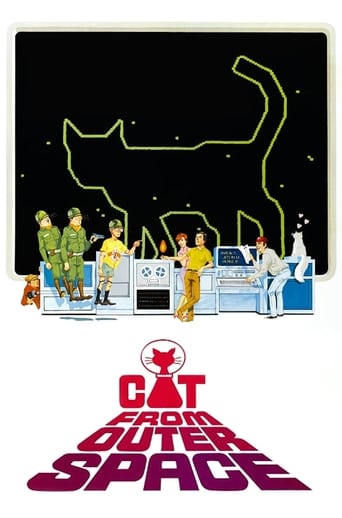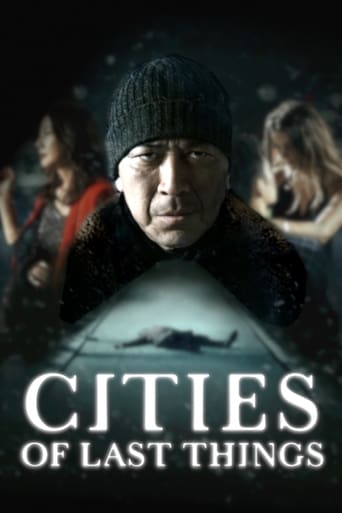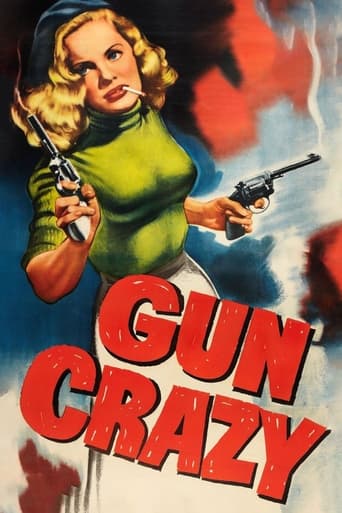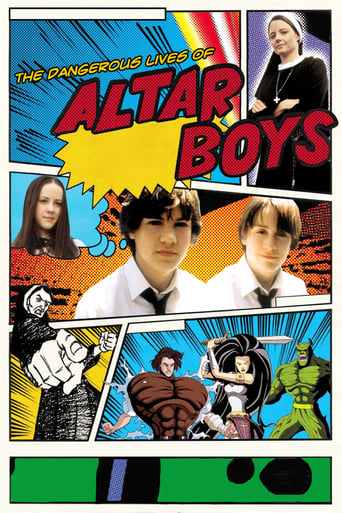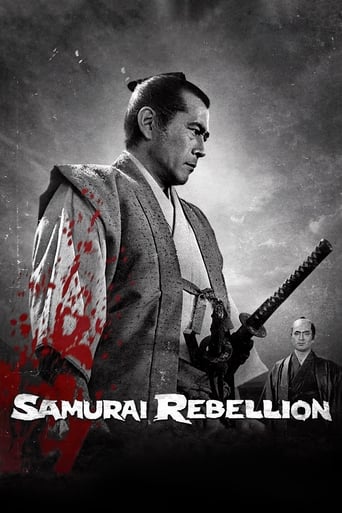


Samurai Rebellion
The mother of a feudal lord's only heir is kidnapped away from her husband by the lord. The husband and his samurai father must decide whether to accept the unjust decision, or risk death to get her back.
-
- Cast:
- Toshirō Mifune , Yōko Tsukasa , Gō Katō , Tatsuyoshi Ehara , Etsuko Ichihara , Isao Yamagata , Tatsuya Nakadai


Similar titles
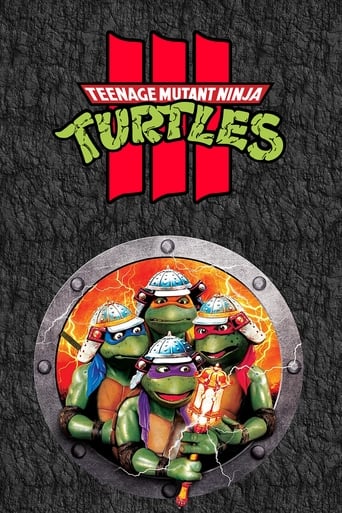
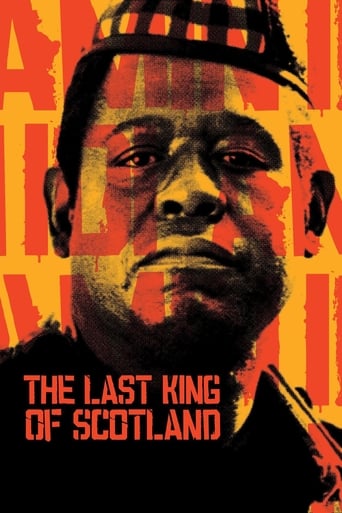
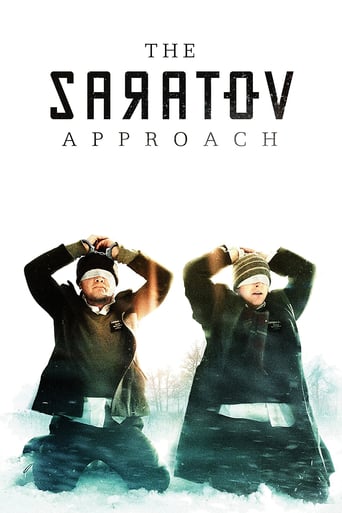


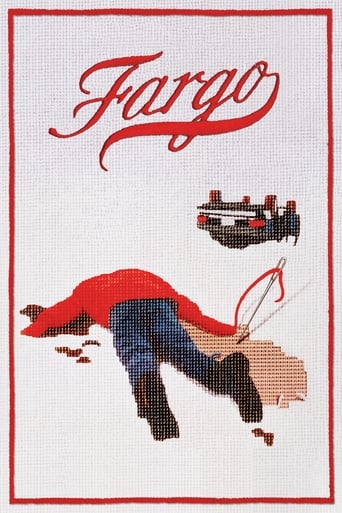
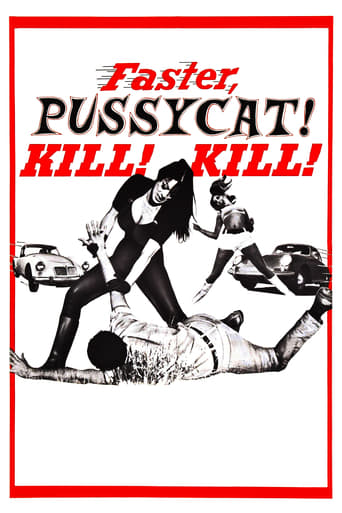
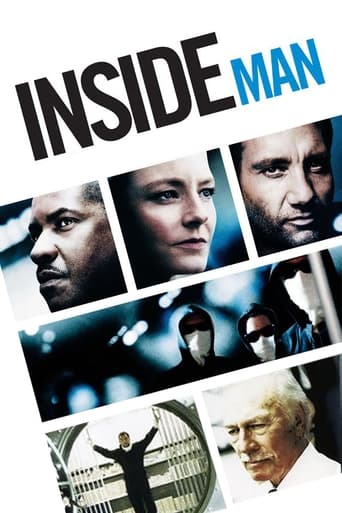
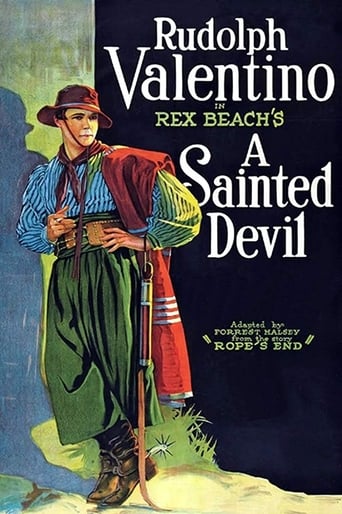
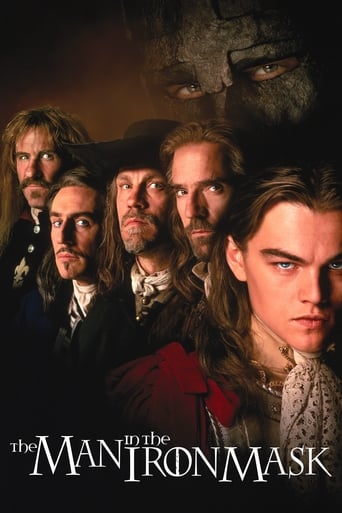
Reviews
Sadly Over-hyped
Good story, Not enough for a whole film
If the ambition is to provide two hours of instantly forgettable, popcorn-munching escapism, it succeeds.
In truth, there is barely enough story here to make a film.
Set in 1725 Japan, and made in 1967, isn't it interesting that this film reveals so many universal truths? Difficulties in marriage. The feeling in middle-age that comes when looking back at decisions and events in one's life. The need to stand up for what's right, despite a world that sometimes crushes us so unfairly. At the same time, the movie is distinctly Japanese. There are so many great shots from Director Masaki Kobayashi and cinematographer Kazuo Yamada, including such harmonious placement of people and objects in 'small' moments, that they're almost as if they were Zen rock gardens of their own. There are also of course the big scenes, such as the epic samurai showdown as the wind blows through the wild grass, which is amazing. Toshiro Mifune turns in a memorable performance, and leads an excellent cast. The soundtrack, with music provided by Tōru Takemitsu, fits the scenes and emotions beautifully. There is an undercurrent of defiance running through the movie, from Mifune's outspoken wife (Michiko Ôtsuka) to his son (Go Kato) and daughter-in-law (Yoko Tsukasa) clinging to one another despite cruelty from the local feudal lord. Mifune is calm as he braces for battle exclaims "I, in all my life, have never felt more alive than I do now", and we feel for the honor, for the rightness, of what he's about to do. Great film.
Made three years after the colour epic "Kaidan" (1964), two years after the break-up of Kurosawa and Mifune in "Akahige" (1965) and five years after Kobayashi's hit for the rival Shochiku "Harakiri" (1962), "Jôi-uchi: Hairyô tsuma shimatsu" (1967), known in English as "Samurai Rebellion" is just as good as I've come to expect from Kobayashi. While there are similarities to past films (Mifune takes justice in his own hands, Kobayashi paints a rotten society and his heroes and heroines, if you want to call them such for all their suffering, are faced with an impossible task and fall between), "Samurai Rebellion" is to "Harakiri" what "Tsubaki Sanjûrô" (1962) is to "Yôjinbô" (1961): a thematic and stylistically sibling that annotates, expands and elaborates the thesis Kobayashi explored in 1962 of both the social injustice masquerading as clan tradition and law and the radically dimensional visual vocabulary built around rigid shapes and symmetries. If there's a single motif that runs through Kobayashi's work it's the inevitability of risk. Risk both in the story but also in the filmmaking. He's stylistically brilliant, a true master of moving the camera geometrically and harmoniously, that one might expect an equally harmonious narrative. But that's not Kobayashi: his stories take him to witness such cruelty, both without and within that the contextual discrepancy between the formal beauty of the film and its shocking narrative underline the cruel irony that befits the film, in fact lives and breathes it. At this writing the Criterion Collection DVD of the film is already nine years old, not that the DVD wouldn't be excellent for being nine years and in standard definition. But one does wonder when it'll be released on Blu-ray.
"The Greatest Evil is when Good Men do nothing in the face of Injustice..." SAMURAI REBELLION (1967) is directed by Masaki Kobayashi, the same director responsible for the awesome KWAIDAN and the far superior samurai film "Hara-Kiri". Don't get me wrong, this film is a true emotional achievement by Kobayashi, the drama and intense screenplay is magnificent that even the awesome swordplay displayed on screen seemed utterly unnecessary. "Samurai Rebellion" is a stunning masterpiece in Japanese cinema, originally titled Joiuchi Hairyo tsuma Shimatsu (Rebellion, Receive the Wife) is a tale of righteous rebellion to protect a husband and his wife's honor.Peacetime. A retainer in the Matsudaira clan named Isaburo Sasahara (Toshiro Mifune) is a retiring samurai who seeks a wife for his son Yogoro (Go Kato). However, his Clan Lord orders him to have his son marry a woman named Ichi (Yoko Tsukasa). She is the Lord's mistress and she has just given birth to his son. Ichi has caused a scandal and has been dismissed from the castle for striking Lord Matsudaira. Isaburo refuses to the union until the son himself agrees to the marriage. Surprisingly, Ichi proves to be a worthy wife; she and Yogoro get along famously and she bears him a daughter. Then the unexpected happens, Matsudaira's heir dies, which makes Ichi's son the heir apparent. Matsudaira decides to forgive Ichi for striking him and requests her return to his castle, since the mother of the heir cannot be married to a vassal. Ichi refuses and decides to stay married to Yogoro. Ruin may come to the house of Sasahara as Isaburo and his son decides to disobey; the Azu clan has gone too far.The film is a stunning portrayal of righteousness in the face of injustice. The film effectively explores the social impact of rebellion in the midst of a totalitarian excesses in the Edo Period in Japan as well as the domestic tragedy of the honorable men and the wife who precipitated the events. As in "Hara-Kiri", Kobayashi gives a very bleak view of the political and social injustices committed by self-indulgent authority figures. Kobayashi further delves into the emotional expression of similar themes about family and honor. The main characters are victims of fate, and the lead characters stand tall in their righteous indignations. Even Isaburo's close friend; Tatewaki Asano (played by Tatsuya Nakadai, Hara-Kiri, Sword of Doom) is also a victim of his principles and fate. Tatewaki was instructed to engage Isaburo in combat since he is the only one who may be able to defeat him in a duel, and as much as he tries to stall the inevitable encounter, he ends up crossing swords with his old friend nonetheless.Ichi is the most interesting female character I've ever come across in chambara films. She is strong-willed and while she did give in to Matsudaira's orders before, she is unmoved to suffer the same injustice a second time. Pressured by relatives to avoid the ruin of the Sasahara family, the woman is such a sight to behold; she outshines the heroism of the two men bent on defending her. Most classic chambara films portray Japanese women as a demure, obedient and ideal wives, and while Ichi's character are all those things; Yoko Tsukasa's devastating performance has created a character far stronger than the all the males around her; this includes her husband, played by Go Sato and her father-in-law, played by Toshiro Mifune.Toshiro Mifune's character, Isaburo is a master swordsman, whose skills have earned him the position of weapons keeper in the clan. While he did marry his wife out for the sake of social status, never for one moment that his character felt weak. Quite curious that this past may have contributed to the reasons as to why the father would support his son's decisions to disobey their lord. For him, love is a cause worth fighting for, even if it would mean his family's ruin. Yogoro is a man divided in doing his duty to his lord and to his wife, Go Kato bears his soul in his portrayal though his screen time may be limited. The actor efficiently and effectively shows all the needed emotions that an overwhelmed husband would feel.While I did say that the film didn't need any swordplay to emulate the darkness and intensity of the proceedings, we get it anyway. Toshiro Mifune once again proves why he is among the most loved actors to ever play a samurai warrior. The swordplay is realistic and intense, and follows the choreography that we have been privy to in past samurai films. Adding the strong exclamation point brought about by the duel with his Tatsuya Nakadai, the film satisfies those looking for swordplay action. Which also brings us to the film's one possible very minor fault, the bloodshed near the climax seemed a bit pointless, since the dilemma is over but I suppose the screenplay by Hashimoto Shinobu wanted to end the film with an exciting element for international audiences. (The title has been changed to fit international marketing)In Samurai Rebellion, director Kobayashi has taken his character study of individuals pushed against their emotional tolerances to the absolute limit. He successfully overcomes the stereotype that samurai films are composed of manly swordfights and has given new emphasis on the strengths of the Japanese woman and the aspects of family. In doing so, he has widened his scope and elevated the film's emotional potential.
Not a lot of action in this movie, 'til the end...This one is more of a Greek tragedy. The main characters, the elder Sasaharas, are compelled to do the honorable thing in regards to a young woman who has been foisted on the family. The honorable thing is in direct conflict with their duty of serving their lord. It is also an act that will lead directly to the destruction of their clan and themselves.Great performances by Mifune and Tatsuya Nakadai keep the viewer interested. Yoko Tuskasa puts in some nice work as Ichi, the bride. The rest of the cast is very competent, as well.This movie is less about swordplay than it is about the interpersonal and political maneuvering between the clan and the diamyo.Definitely recommended!

